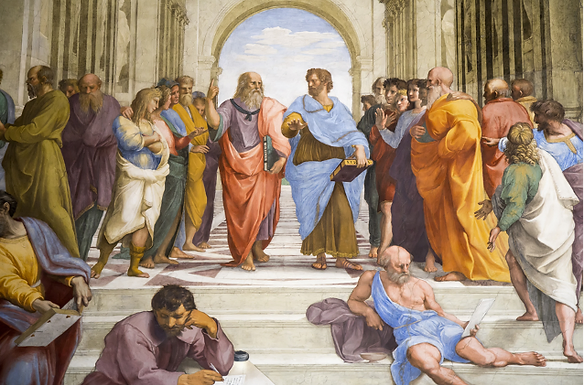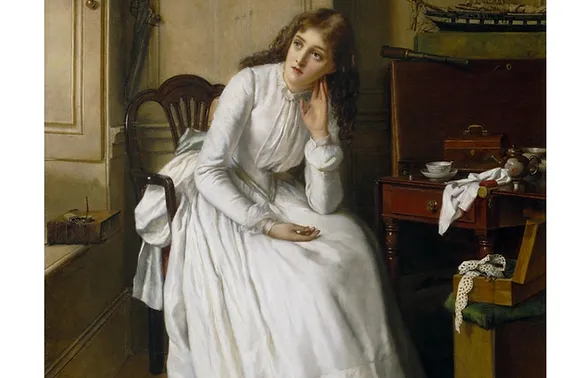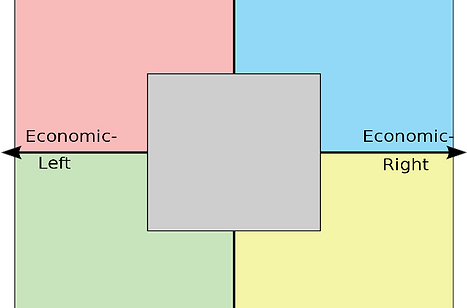
Misogyny in Philosophy

It is true and well-known that the big names of philosophy, whether ancient or modern, consist primarily of men. When we think of the word “philosopher,” the names that come to mind are usually Aristotle, Plato, Rousseau, Kant, Freud, etc. However ground-breaking their theories were, and although their arguments paved the way for advancing science, medicine, psychology, and many other fields, most people were misogynists. But what makes someone a misogynist by definition? A misogynist is “a person who dislikes, despises, or is strongly prejudiced against women.”
Although he is one of the big three of the ancient Greek philosophers, Aristotle is sexist without a doubt. In his Politics, he degrades women to being a means of reproduction openly and says that women are inferior to men. He calls women a “deformed male” and imperfect when compared to men. Reading such statements from this big of a name is disappointing in many aspects.
On the other hand, it can be said that Aristotle differs significantly from Plato even though they had a teacher-student relationship. While Aristotle is perhaps one of the biggest misogynists in philosophy, some define Plato as one of the earliest feminists. Plato envisioned an ideal Republic where women were active in both social and political life. While they were already a big part of social life, the political side of the argument is quite revolutionary for his time.
Rousseau also simply believed that women did not deserve equality. In his Emile, or On Education, he argued that the only purpose of women was to be good wives and mothers and that they did not need equal education with men. He also supported that while men enjoyed the company of women, they were not reliant on their existence; however, women were dependent on men to maintain their lives, which is contradictory since as wives and mothers, women were taking care of men in their daily lives. It is pretty easy to hate Rousseau.
Kant was a sexist as well, in many ways. In Anthropology from a Pragmatic Point of View, he states that he believed women to be weaker by nature and more passive, and among the things they did well were domestic chores, maintaining a household, and seducing the opposite sex. It made sense to Kant, considering all these, that men should be in charge of social and political aspects of life rather than women. After all, women were made to stay at home.
Like many of the previous examples, Freud also had a shallow perspective on women. Although he was mainly a physiologist and the founder of psychoanalysis, he was still considered a philosopher among his other titles. In his article On the Sexual Theories of Children, he saw having a penis as an advantage and had a theory called “Penis Envy,” where girls blame their mothers for putting them at a disadvantage upon realizing that they do not have a penis. He defined hysteria and argued that it had its roots in women’s sexual desires and fantasies in his Studies on Hysteria. Overall, according to Freud, women were shallow and straightforward creatures compared to men, even though he did not explicitly say so and admitted his lack of knowledge about the nature of women.
There are countless other examples in the philosophy of how misogyny was at the center, unknowingly or not. These are all big names and predecessors of absolutely crucial theories that made the advancement of science and philosophy possible, nonetheless. Are these big names misogynists? Yes. Do they objectify women and have extremely shallow opinions of them? Yes. But does this mean that they were wrong about every argument they ever made on other subjects? Definitely not. This is maybe the key reason why they are still regarded as the most influential people of their field and why we, at school, still read their texts and try to analyze their theories.
The thing that had the most effect on their view of women was most likely the societies they were part of since sexism was and still is rooted in the culture of so many nations. What they said about women was considered a well-known fact, and it was what people thought anyway. Moreover, some of the things they said that we now regard as sexist were revolutionary in their time, like Plato getting women involved in politics or Freud acknowledging that women had sexual desires. Regardless, the time and society they lived in do not make all their opinions absolutely right. Trying to find a reason for their misogyny to appropriate other arguments they had would only be an excuse and in vain. In the same way, you cannot ask a racist person why they are racist, and you also cannot question why these philosophers regarded women as inferior beings because neither of those questions has a logical answer.





